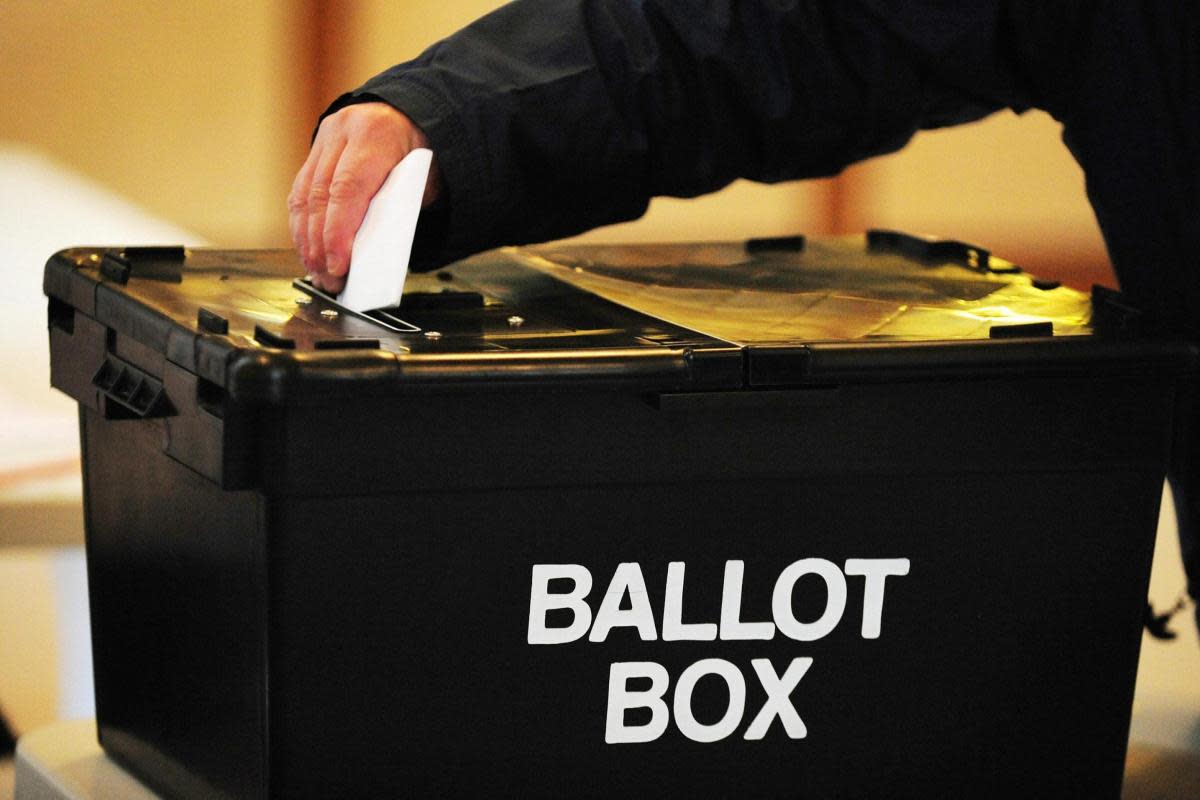Where to vote this General Election – find your local polling station

VOTERS all across Scotland and the UK will soon be entering their local polling station to vote for who they want to be their next MP.
On July 4, the General Election will take place after current prime minister and Tory leader Rishi Sunak made the announcement last month.
Recent polling data shows Keir Starmer's Labour party as clear favourites UK-wide, although it appears to be neck-and-neck between Scottish Labour and the SNP in Scotland.
Ultimately though, it is up to you to decide who you want to vote for – although you will need to find out where your polling station is first.
How to find your polling station
When you register to vote you are allocated a polling station based on your address. It is usually just a short walk from your home.
You should have received a polling card in the post with all the details.
However, you can also search for the location using this Electoral Commission tool by entering your postcode.
An important aspect to note – voters must go to their allocated polling station. If you try and vote at a different one, you will be turned away, according to the commission.
Voters are also required to bring a form of photographic ID with them.
What ID can I use to vote?
You’ll need one of the following types of photo ID to vote:
a UK or Northern Ireland photocard driving licence (full or provisional)
a driving licence issued by an EU country, Norway, Iceland, Liechtenstein, the Isle of Man or any of the Channel Islands
a UK passport
a passport issued by an EU country, Norway, Iceland, Liechtenstein or a Commonwealth country
a PASS card (National Proof of Age Standards Scheme)
a Blue Badge
a biometric residence permit (BRP)
a Defence Identity Card (MOD form 90)
a national identity card issued by the EU, Norway, Iceland or Liechtenstein
a Northern Ireland Electoral Identity Card
a Voter Authority Certificate
an Anonymous Elector’s Document
The name on the ID must match your name on the electoral register.

 Yahoo News
Yahoo News 
